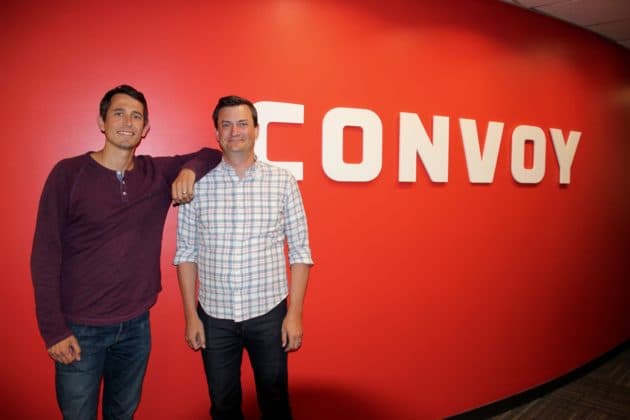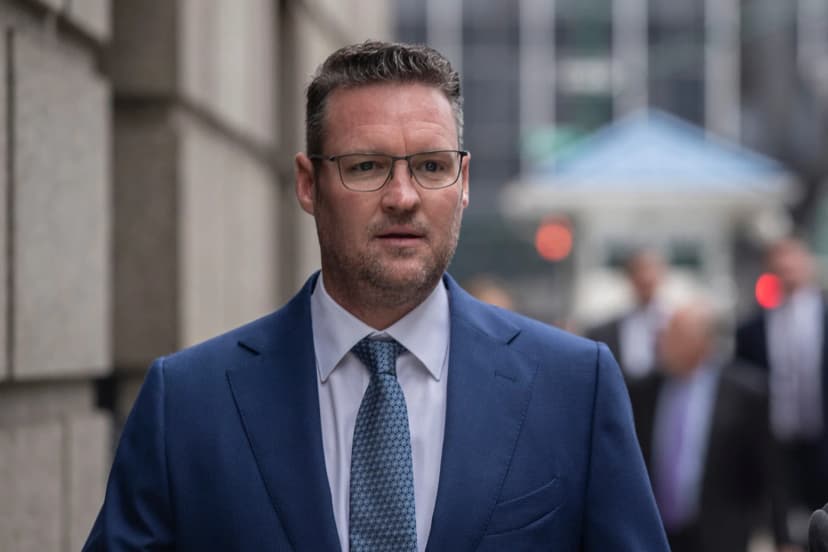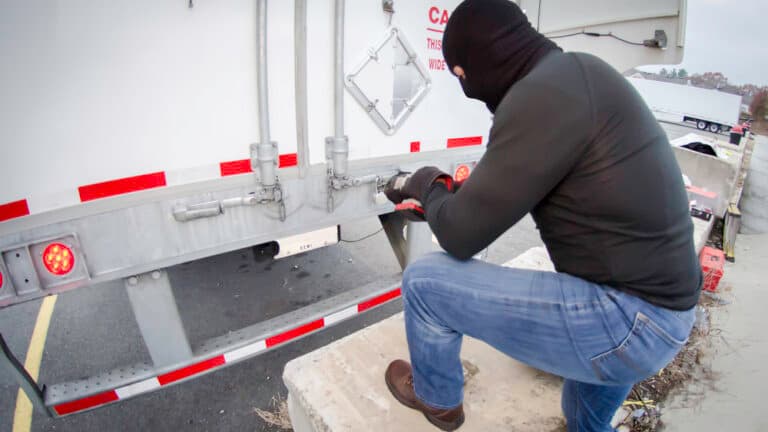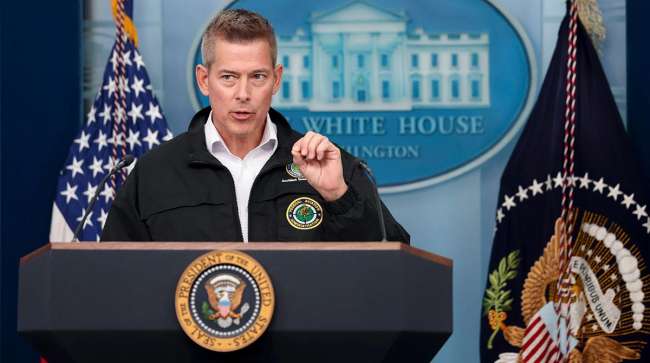How Bezos and Gates Lost $1 Billion: The Convoy Collapse Nobody Saw Coming
Festus murimi
Founder at SurgeTech
In 2015, former Amazon employees Dan Lewis and Grant Goodale co-founded a startup called Convoy. The company was set to disrupt the trucking industry by providing an "Uber-like" digital brokerage app to connect carriers and shippers.

An Image of Convoy founders
In 2015, former Amazon employees Dan Lewis and Grant Goodale co-founded a startup called Convoy. The company was set to disrupt the trucking industry by providing an "Uber-like" digital brokerage app to connect carriers and shippers.
The company provided a platform for carriers to book loads, manage their business, track shipments, and receive payments. On July 25, 2017, the company raised a whopping $80 million in Series B funding, led by prominent VC firms like Y Combinator, Mosaic Ventures, and very wealthy individuals like Bill Gates, Jeff Bezos and former U.S. Senator Bill Bradley.
Everything was off to an amazing start.
By 2019, Convoy raised over $400 million, valuing the company at $2.75 billion, cementing its position as one of the fastest-growing startups and most influential in the logistics business. But four years later, it all came crashing down.
Despite the early momentum, co-founder and Chief Experience Officer Goodale left the company in the same year they cancelled all their shipments amidst rumours of an upcoming transition.
By October 2023, the company had ceased all operations and laid off all of its staff. Flexport acquired all of Convoy's assets for $16 million and relaunched the platform in 2024, focusing on providing software services to third-party trucking brokers.
So what went wrong?
In a memo, Lewis said the company faced both an "unprecedented freight market collapse" and "dramatic monetary tightening." "This combination ultimately crushed our progress at the same time that it was crushing our logical strategic acquirer—it was the perfect storm," he wrote.
The company faced brutal realities. The trucking industry is fiercely competitive, low-margin, and sensitive to macroeconomic shifts like fuel costs, freight demand, and supply chain disruptions. The company burned through almost $1 billion in funding, but could not manage to weather the storm it was facing.
In the end, the Convoy story shows how disruption isn't enough. The macroeconomics of a particular industry must be taken into account, particularly in the trucking industry, where margins are razor-thin and tech alone cannot overcome the operational challenges the industry faces.
About the Author
Festus murimi
Founder at SurgeTech
Founder of SurgeTech with a passion for technology and innovation, creating intelligent solutions to optimize operations and transform industries.
Related Articles
 Trucking
TruckingTrevor Milton: Visionary Entrepreneur or a Scammer?
In 2015, Trevor Milton founded Nikola Motor Company in Salt Lake City. The company aimed to revolutionise the commercial trucking industry by developing hydrogen-electric and battery-powered semi-trucks.
 Cargo Theft
Cargo TheftHow thieves made away with $1M worth of craft whiskey from a truck
On July 31, a freight truck showed up at Westland Distillery's warehouse in Burlington, Washington, holding the necessary paperwork that purportedly gave the driver the right to pick up a shipment of Westland single malt,.
 Trucking
TruckingAmerica’s DOT tightens rules for noncitizen truck drivers
The U.S. Department of Transportation has implemented new restrictions requiring foreign truck drivers to provide unexpired passports and specific work-authorized visas, with licenses now limited to one year or the expiration date of work authorization.